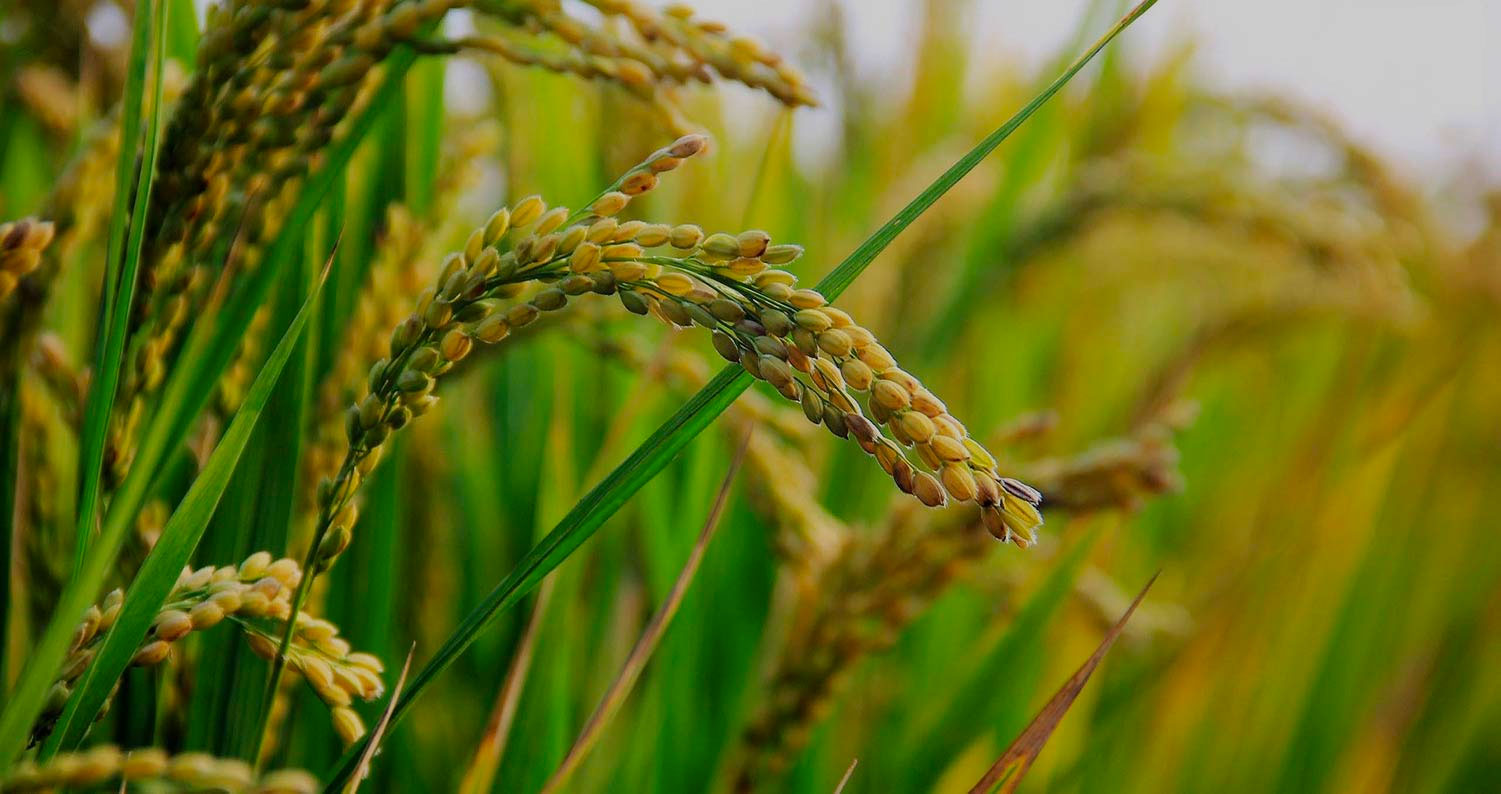Efficient parthenogenesis via egg cell expression of maize BABY BOOM 1: a step toward synthetic apomixis
Skinner DJ, Mallari MD, Zafar K, Cho MJ, Sundaresan V. Plant Physiology
(2023)
Crop yields can be improved by using hybrids that exhibit enhanced vigor over inbred varieties. However, high-yielding hybrids cannot be maintained through seed propagation, and have to be generated afresh for each season by tedious and labor-intensive methods. Consequently, hybrids are underutilized for many crops, including rice, a major staple food for the developing world.
This project will develop methods for the clonal propagation of rice seeds that maintain their hybrid genetic constitution. We have recently identified genes for putative embryogenic transcription factors expressed in rice zygotes that can be used to promote somatic embryogenesis as well as parthenogenesis. Manipulating expression of these factors, combined with mutations in previously characterized rice meiotic genes can make rice plants that produce diploid seeds genetically identical to the parent plant. These methods will rely extensively on the targeting capabilities of the CRISPR-Cas9 system to knock out as well as modify the expression of endogenous rice genes. The project outcomes would constitute a major step forward for rice breeding, and potentially for other cereal crops as well.
Articles:
Also featured on BBC Science in Action: listen here (segment starts at 13:00 minutes)
Skinner DJ, Mallari MD, Zafar K, Cho MJ, Sundaresan V. Plant Physiology
(2023)Khanday I, Santos-Medellín C, and Sundaresan V. New Phytologist
(2023)Vernet A, Meynard D...Khanday I, Mercier R, Sundaresan V, and Guiderdoni E. Nature Communications
(2022)